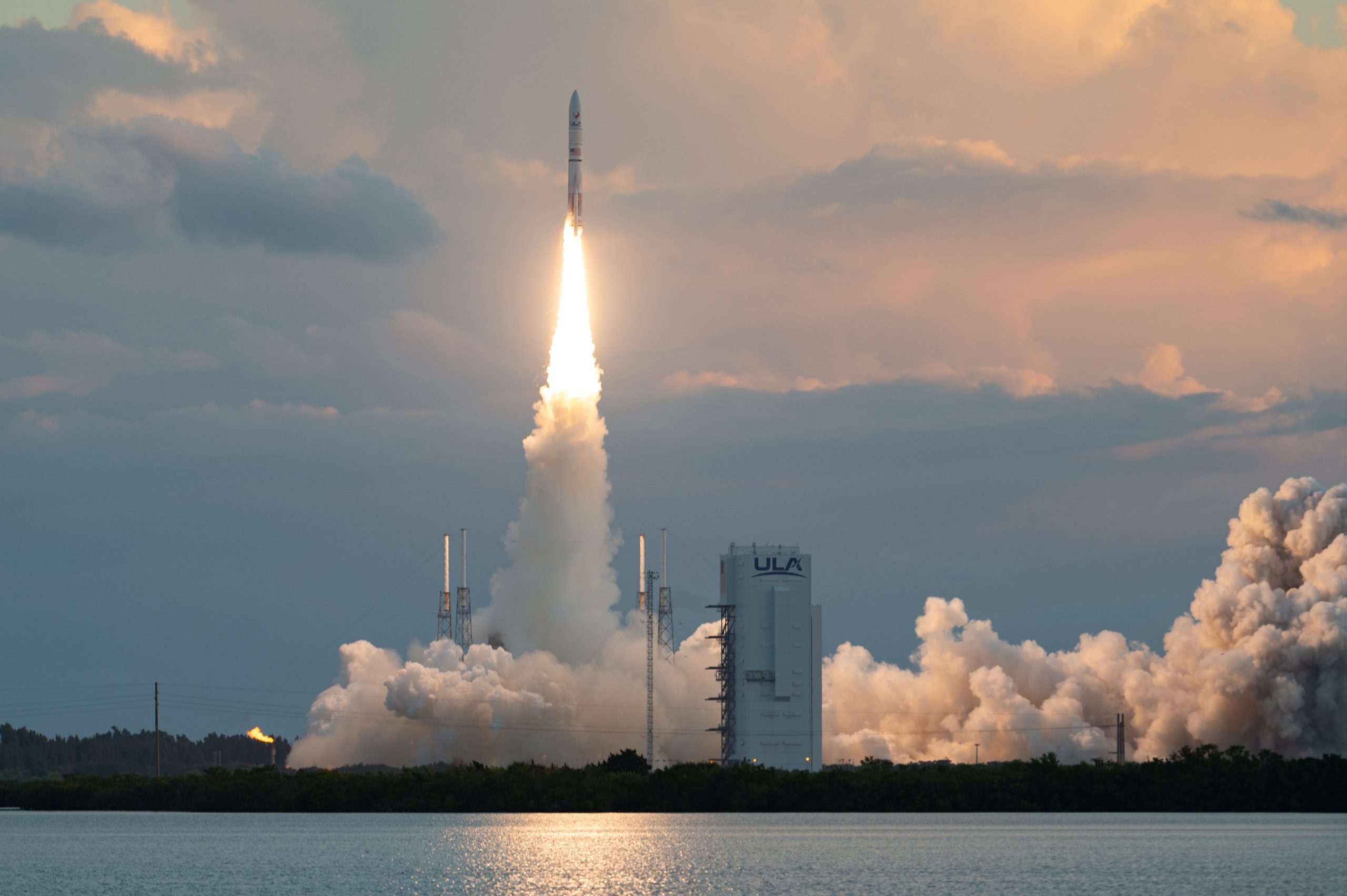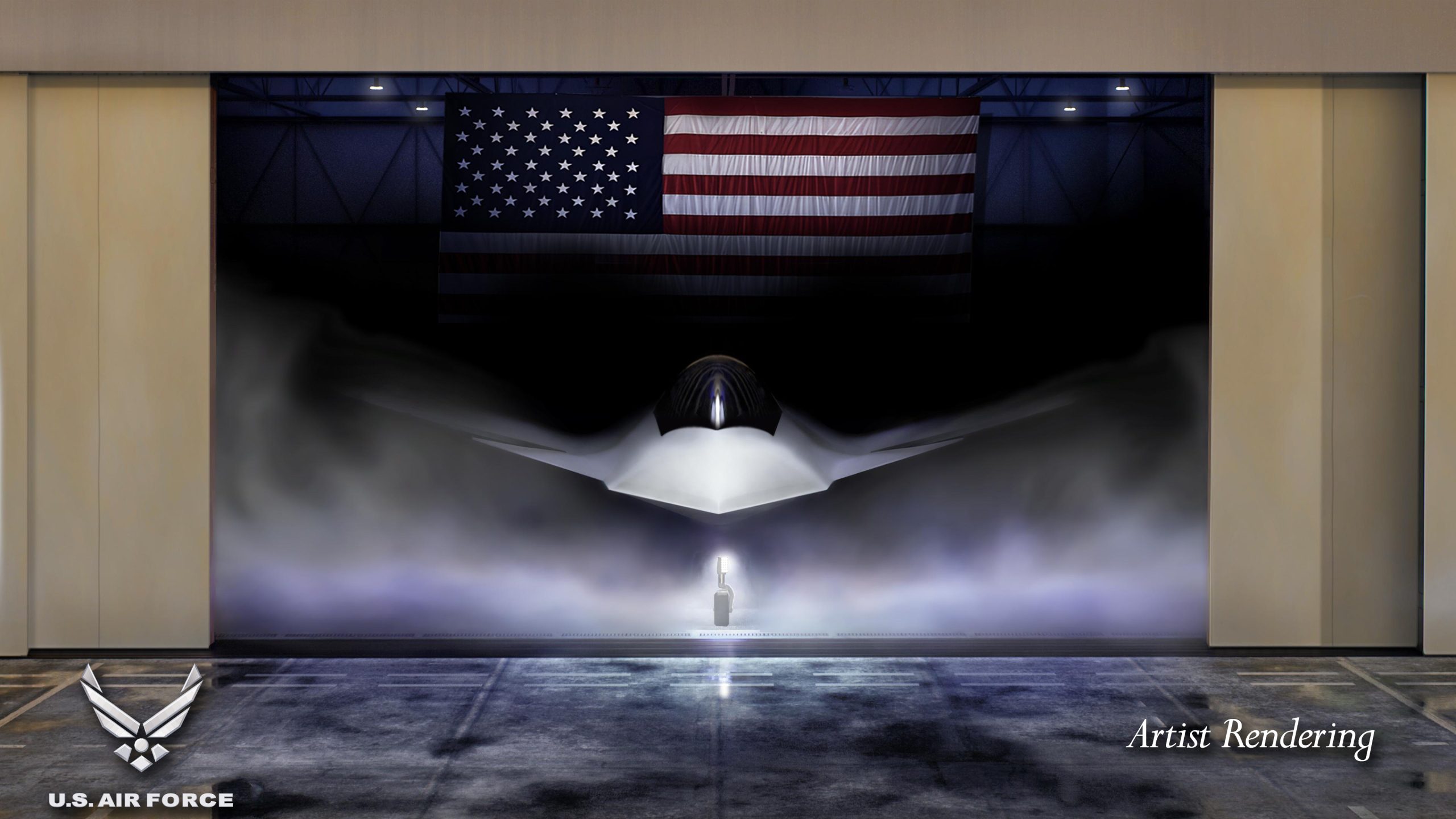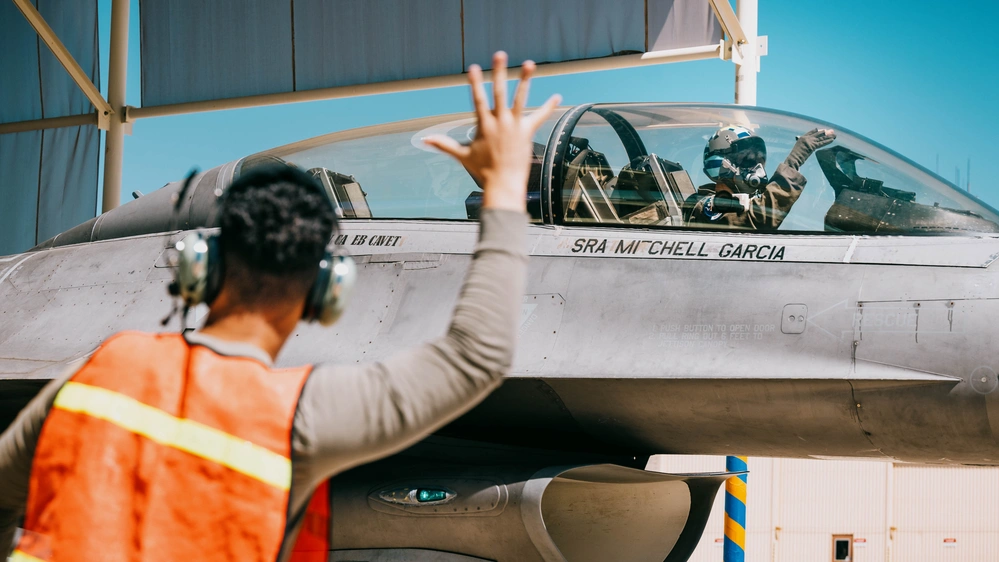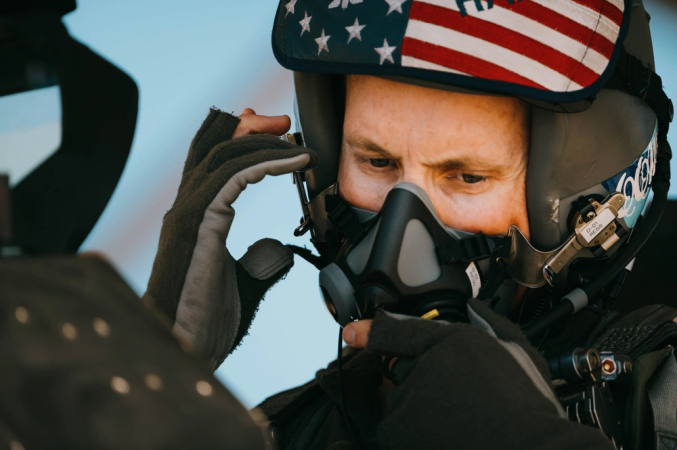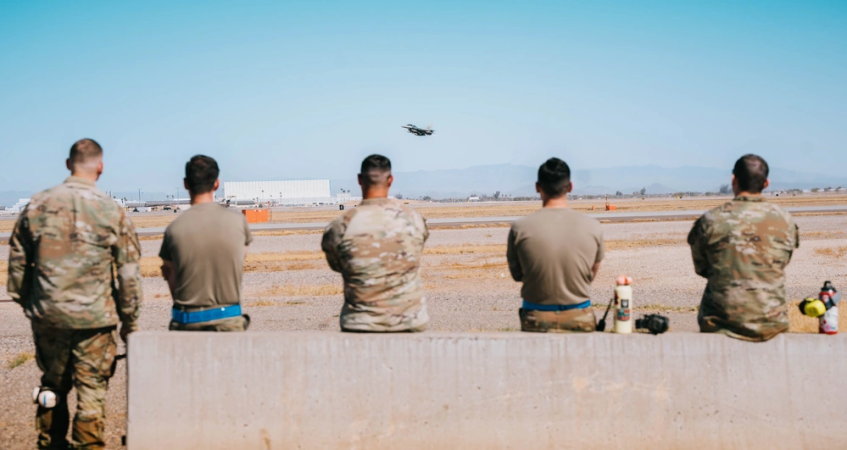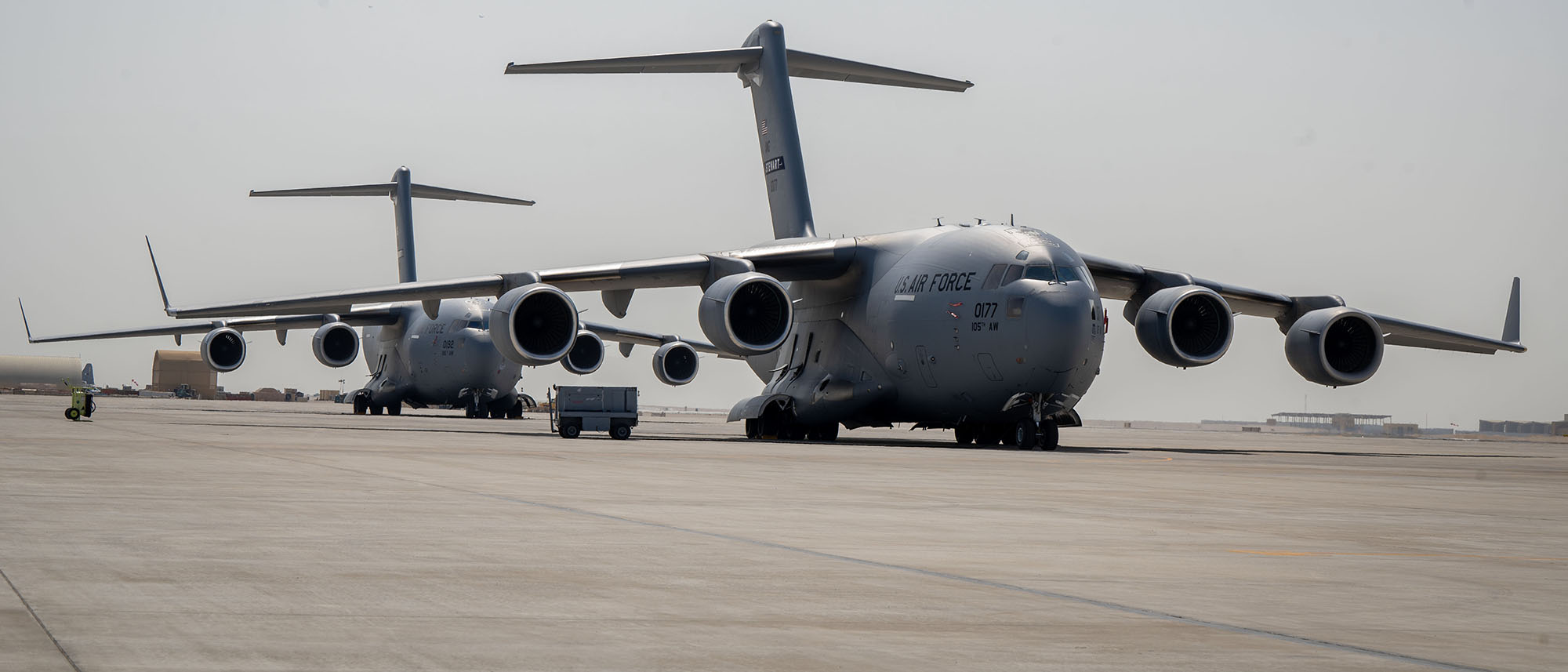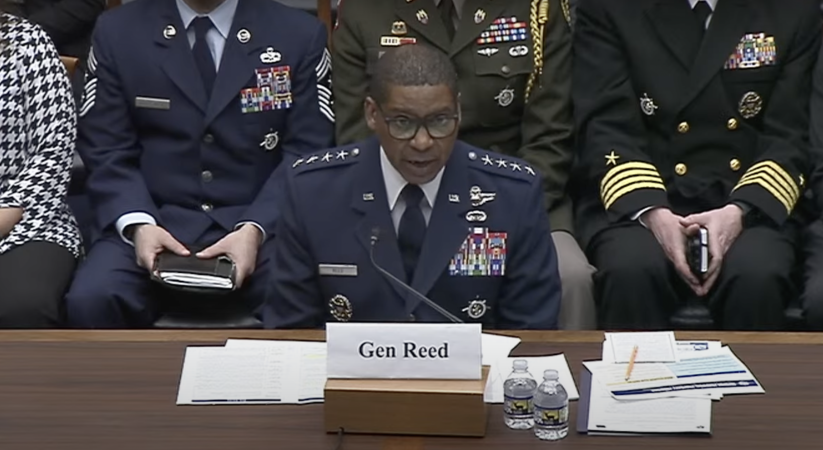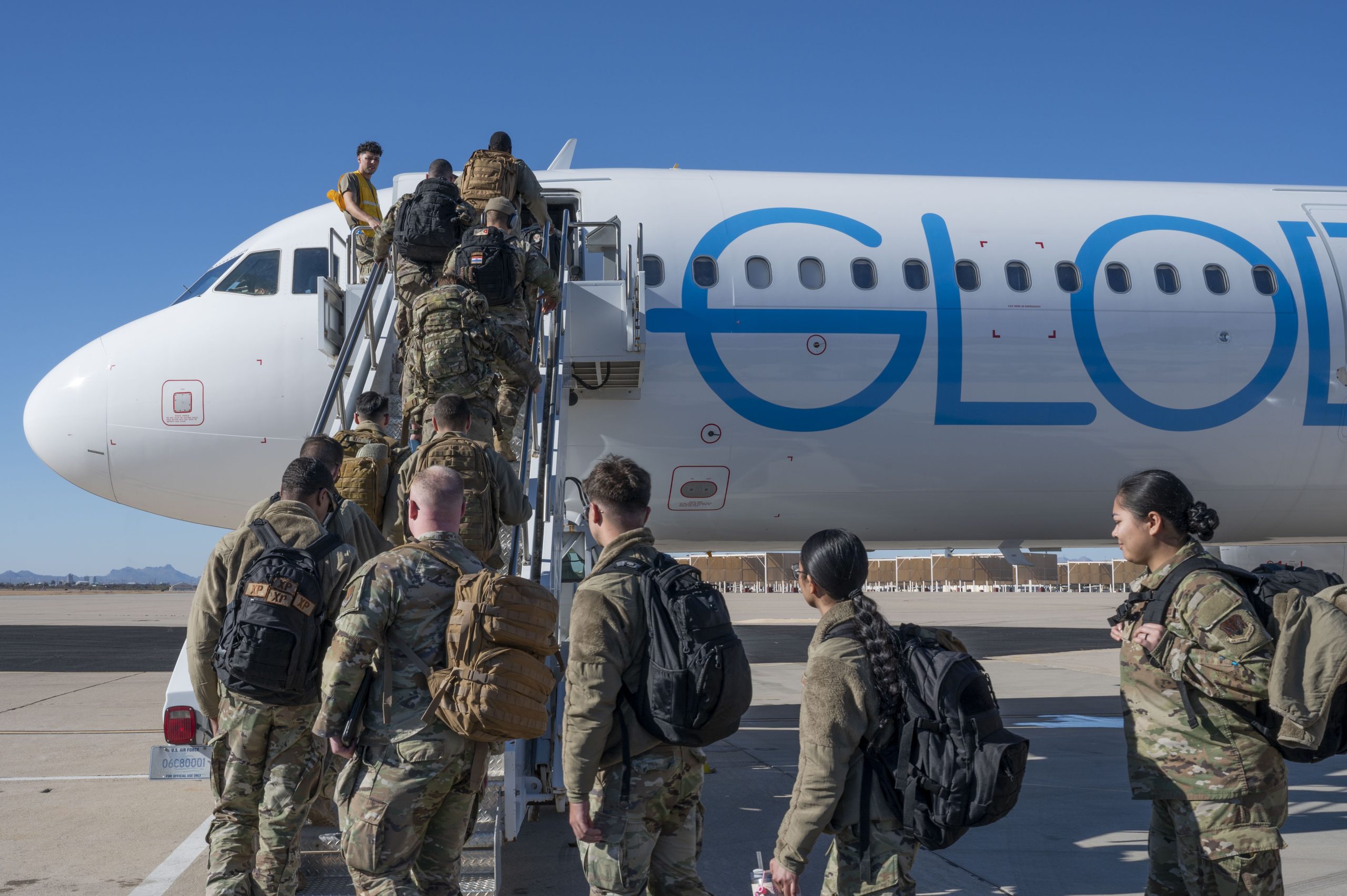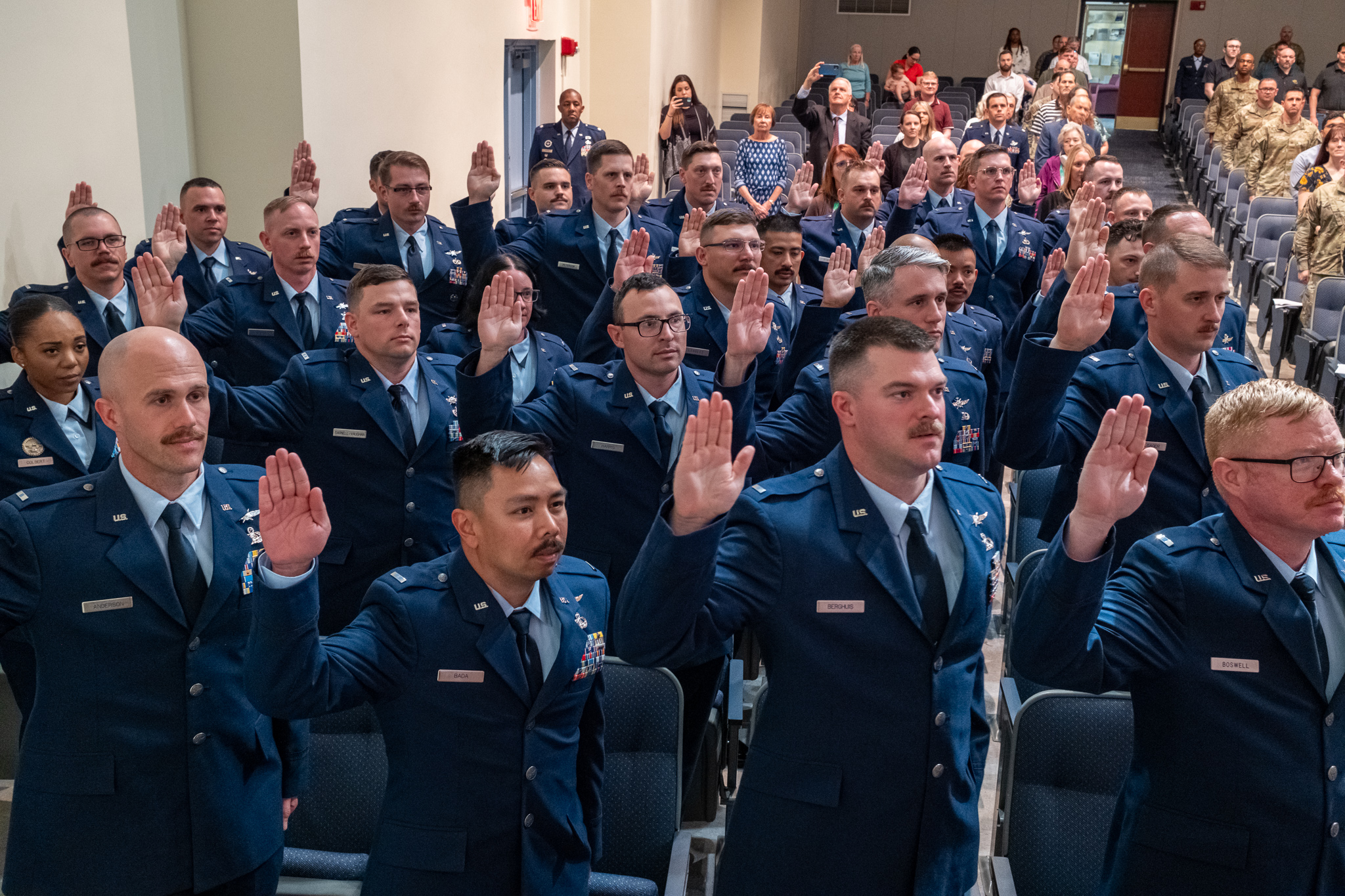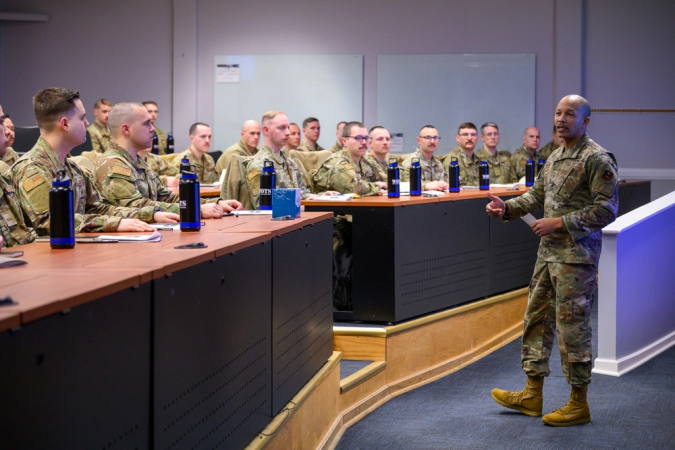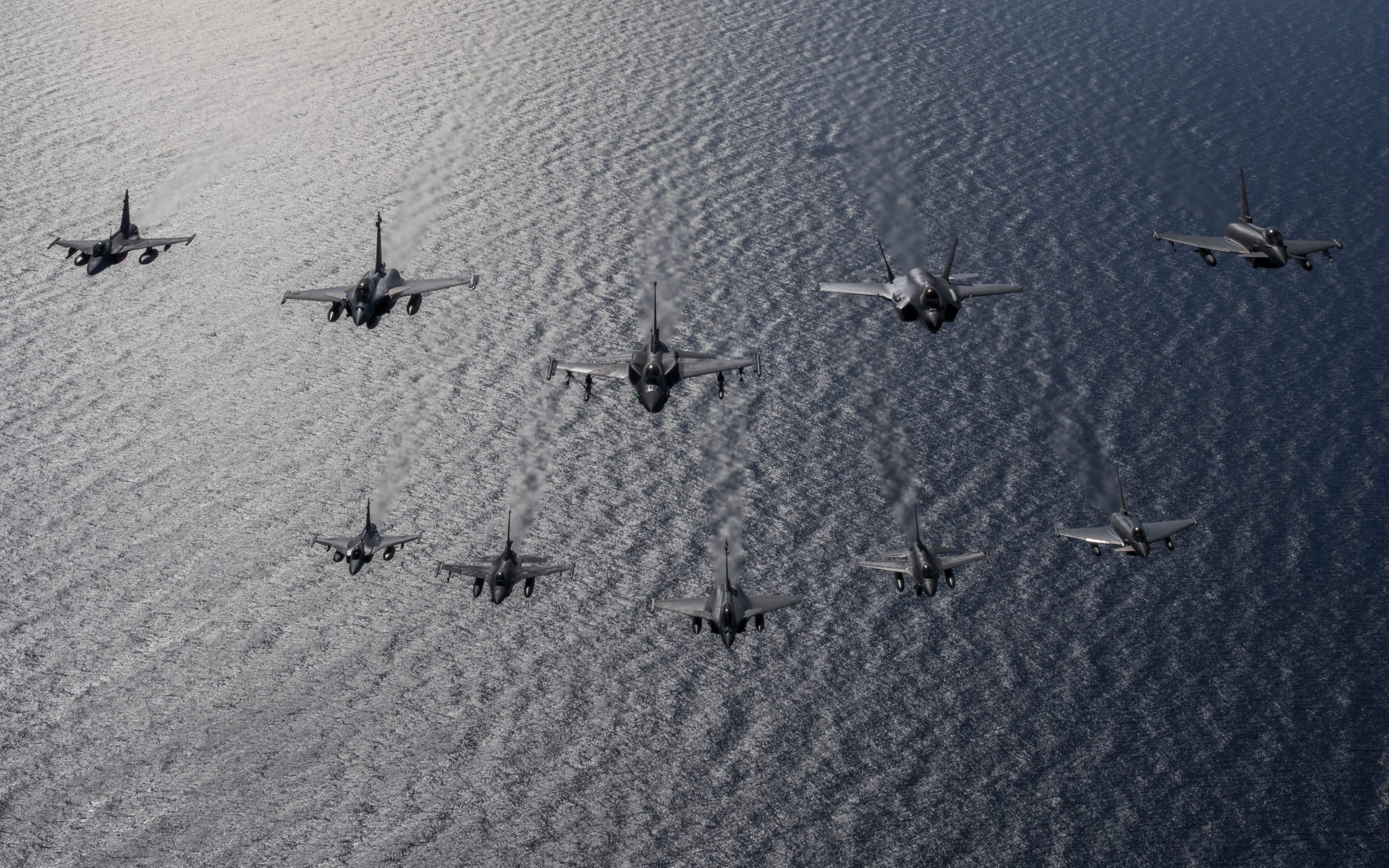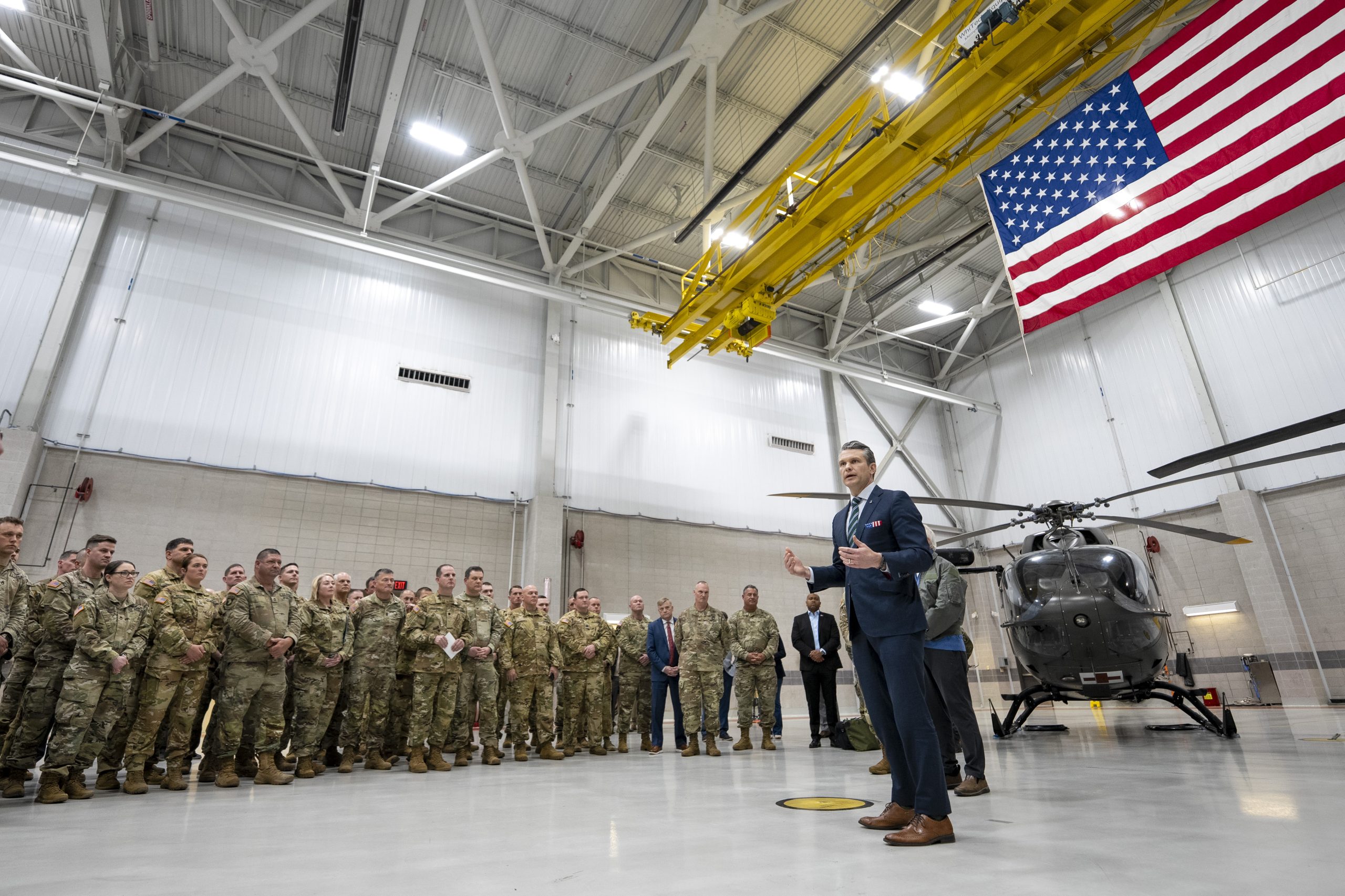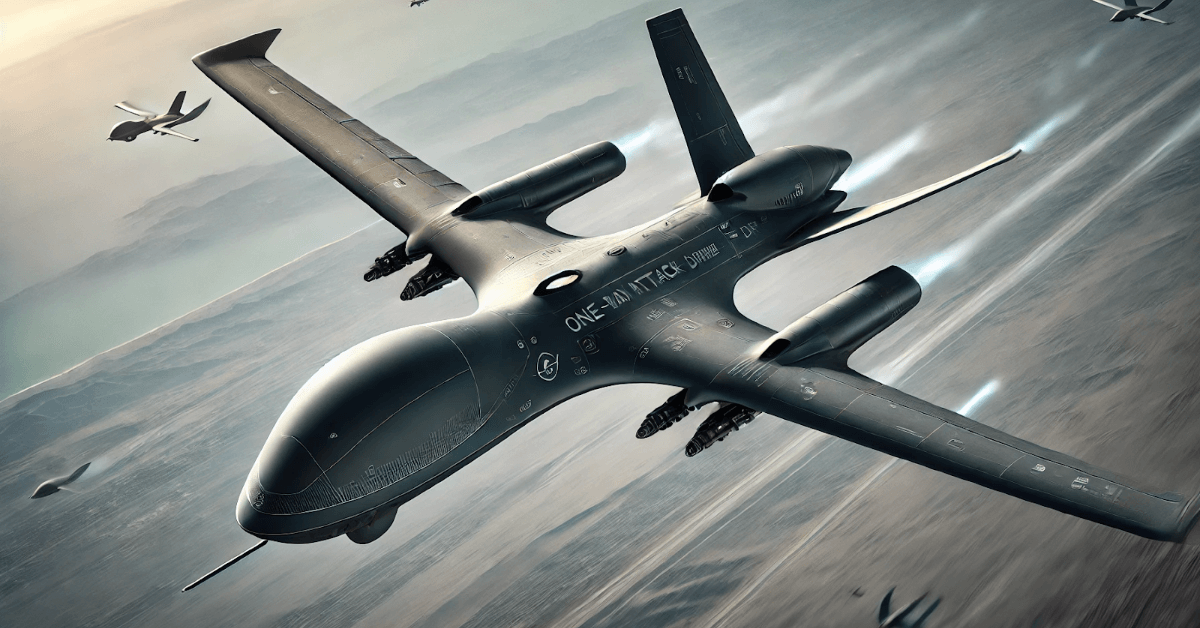The Space Force certified United Launch Alliance’s Vulcan Centaur rocket to carry its most important national security missions into space—clearing the way for a series of new launch missions this year and giving SpaceX a little competition.
Space Systems Command announced the decision March 26, clearing the rocket for the National Security Space Launch program, which represents space missions that can tolerate the lowest possible risk.
ULA endured a comprehensive certification process for Vulcan Centaur, SSC said in a release, covering “52 certification criteria, including more than 180 discrete tasks, 2 certification flight demonstrations, 60 payload interface requirement verifications, 18 subsystem design and test reviews, and 114 hardware and software audits.”
Vulcan Centaur replaces ULA’s Delta IV rocket, which had been certified for NSSL missions, but completed its final launch in April 2024. Since then, SpaceX’s Falcon rockets have been the only option for NSSL missions, making SpaceX a dominant force in the launch market.
“We definitely want to make sure that the industrial base is as broad as possible,” declared Chief of Space Operations Gen. B. Chance Saltzman at this month’s AFA Warfare Symposium. “That gives us more assurances that we will have ready access to the kinds of capabilities we need across all of the different orbital regimes and weight classes that we have to put capabilities in space.”
The Space Force had assigned more than a dozen missions to ULA which could not be flown until Vulcan was certified. Among them: small satellites for the Space Development Agency, new GPS satellites, classified payloads for the Space Force and National Reconnaissance Office, and experimental payloads for the Defense Advanced Research Projects Agency. One launch was redirected to SpaceX during this time.
Space Systems Command said Vulcan’s first NSSL launch will be this summer, likely to include some of the 100 satellite launches the Space Force hopes to deploy in 2025.
In a statement, ULA president Tory Bruno thanked his government customers for their partnership. “Thank you to all our customer partners who have worked hand-in-hand with us throughout this comprehensive certification process,” he said. “We are grateful for the collaboration and excited to reach this critical milestone in Vulcan development.”
Brig. Gen. Kristin Panzenhagen, program executive officer for assured access to space, said completing the certification locked in “a critical element of national security,” promising that “Vulcan certification adds launch capacity, resiliency, and flexibility needed by our nation’s most critical space-based systems.”
More competition could be coming soon. Blue Origin launched its New Glenn rocket for the first time last year and is gearing up for another launch in the next few months, in the hopes of also earning NSSL certification. Blue Origin has already been accepted into NSSL’s new “Lane 1” program, which is for commercial-like missions where risk tolerance is greater.
More new launch providers are also trying to get Space Force approval.
“It was only about 10 years ago when we had like one provider and just a few rocket systems,” Saltzman said earlier this month. “So if you take a long look at this, over the last 10 or 15 years, we’ve really expanded the industrial base in support of launch services. I think we’re on the right trajectory.”
